|
This is an image of my brain that I stitched, glued, and beaded during five days I spent connected to a Video EEG machine at UCSF. Those were only some of the many, many hours I've spent in hospitals from San Francisco to Boston to Havana, with people trying to decipher the injuries and idiosyncrasies of my brain. I have had six head injuries and a stroke as an adult, and I also fell from a top bunk onto a cement floor when I was six. Certainly since my first major adult head injury, when I was 29, I have felt each injury add its layers of difficulty to my daily life. The first one made me unable to do simultaneous interpreting from Spanish, although it was the only language I didn't stammer and halt in. After the third one, my hearing declined suddenly, but regular hearing tests didn't show anything. It wasn't until I was in Havana, years later, getting rehab for my stroke, that I had nerve conduction tests that showed significant damage to pathways from my ear to the part of my brain that processes sound. 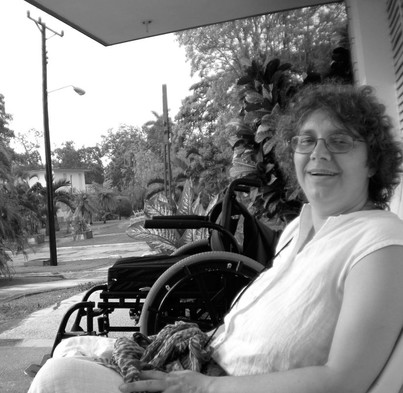 Post stroke, in rehab. Havana, 2009 Post stroke, in rehab. Havana, 2009 But there are more subtle changes that take longer to notice, because the nature of rain injury is that it damages your ability to notice things. It took me two years, after my stroke, to notice that I had a hard time reading whole books of non-fiction. I would lose interest after the first chapter or two. Also that the main reason I was having trouble finishing my novel was that I couldn't hold the whole thing in my mind at the same time. I could no longer give whole lectures, either I had to make a list of main points and work my way down it. There are whole realms of just tracking my daily life that frustrate me to the point of hair pulling and headaches n a regular basis. I can't for the life of me remember anything my tax accountant explains to me about the nature of the different bills. And no, this is not the kind of difficulty everyone has. Once, when I was at a rehab session with my ex, talking about my inability to initiate action, he blithely commented that he had the same problem. No, she told him firmly. You may procrastinate, but if I gave you fifty dollars to move an item to the top of your list and do it, your could. She can't. Sometimes it's as if the gas pedal of my life has no connection to the starter. Even my assistant, with many years of being around my brain, forgets how much I forget and asks me when something happened or where something is, and I have absolutely no idea. The narrative of my life is full of holes into which objects, tasks, names, sequences, appointments, and promises fall. I am only scratching the surface of what it's like to live with multiple injuries to my brain, because I have something else to say. Six weeks ago I leaned about Cognitive FX, a clinic in Provo, Utah that works with neuroplasticity-based therapies to reverse the effects of head injuries. They use functional MRI imaging to pinpoint where, in each injured brain, the areas of low and high blood flow are, and craft an intensive workout tailored the exact functions that have been under and over performing as a result of a traumatic injury. They are getting amazing results, and their program only takes five days. I'm going there on Sunday, and part of what I will be finding out is what Ive forgotten, although, at sixty-three, having been injured since I was twenty-nine, and with a possibly brain injury at six, I may experience my brain in ays I haven't since early childhood, before it was fully grown. 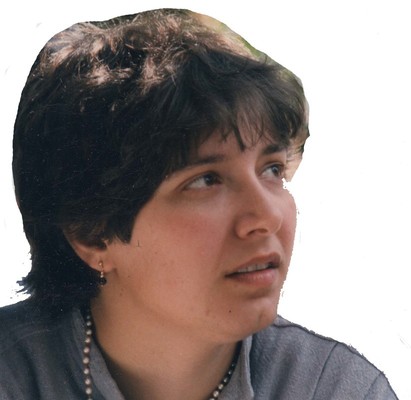 1983, age 29. 1983, age 29. When I had my first injury in 1983, the medical convention was that brains don't heal. I was told that its condition after six months was as good as it would ever get. An occupational therapist asked what I had done before the injury. When I said I was a writer, she snorted, and said, "Well, you'll never do that again!" Since then I have had my entire writing career, including writing a doctoral dissertation, written five books, and contributed to many dozens of anthologies and journals. After my stroke, my PT said I might be able to ride my power wheelchair to a store and take a few steps as I shopped, but I would never take long walks or hike again. I year later, after ten weeks in Havana, I came back having regularly walked around the old city for several miles at a time. Even with all of the amazing advances in neuroscience, which show that the brain remakes itself in all kinds of fascinating ways, we really know so little about brains. In that summer of 1983, as I lay on the deck watching trees do photosynthesis and respiration, when I closed my eyes and went inside, into the tangle of my head, I could feel tendrils reaching out to reconnect. My brain did heal, over and over, but never all the way, and the sediment of injury has accumulated and become sandstone. So now I'm off to see the wizards, and am left wondering how much will be changed, and whether in the midst of all I hope to gain, I may also lose something, or whether the unique ways I've adapted, the creative workarounds my poet's synapses have discovered, are mine to keep. But that's another conversation. For now, I'm trying to rest up, and I'm devouring Brazil nuts and blueberries, cabbage and turmeric, items from the brain food list I've been given.
Stay tuned.
1 Comment
Leslie Lawrence
3/18/2017 01:48:13 pm
First of all, very cool artwork! Secondly, I am so excited to learn more about this program you're doing. I, too, have had a head injury (at 29, during a mountaineering accident in which I also broke my back), and a stroke (at age 51). An MRI after the stroke also showed multiple lesions of unknown origin. Anyhow, as I think you know, I've made a lot of progress in the last year or two with brain retraining, but there is much progress still to be made--particularly in the areas of memory and word recall. I would be most excited to reverse the gas-pedal-not-connected-to-the-starter phenomenon that you describe, as that is the most frustrating thing I've ever experienced, and there is so much I want to get done! (Side note: it's nice to know, having read this, that at least one person understands!)
Reply
Your comment will be posted after it is approved.
Leave a Reply. |
About Aurora
Aurora Levins Morales is a disabled and chronically ill, community supported writer, historian, artist and activist. It takes a village to keep her blogs coming. To become part of the village it takes, donate here. Never miss a post!
Click below to add this blog to your favorite RSS reader: Archives
September 2017
Categories
All
|
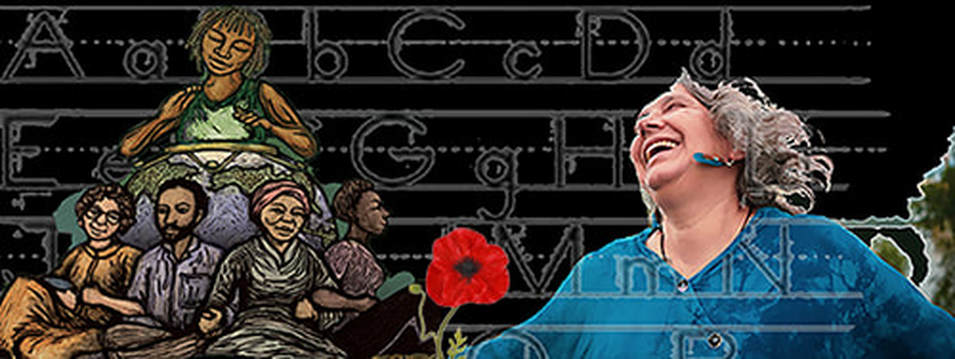
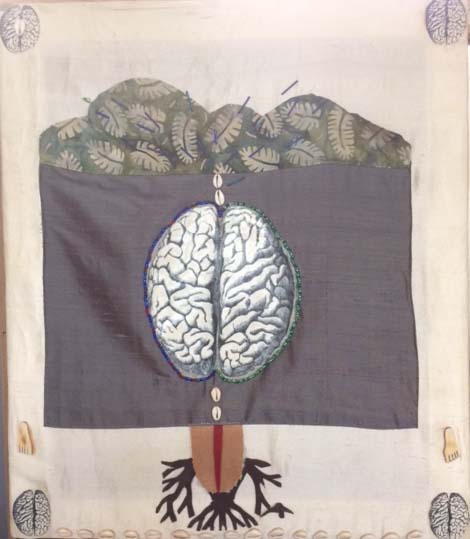

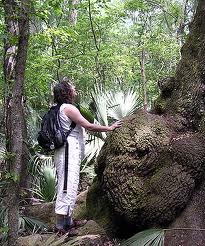
 RSS Feed
RSS Feed
